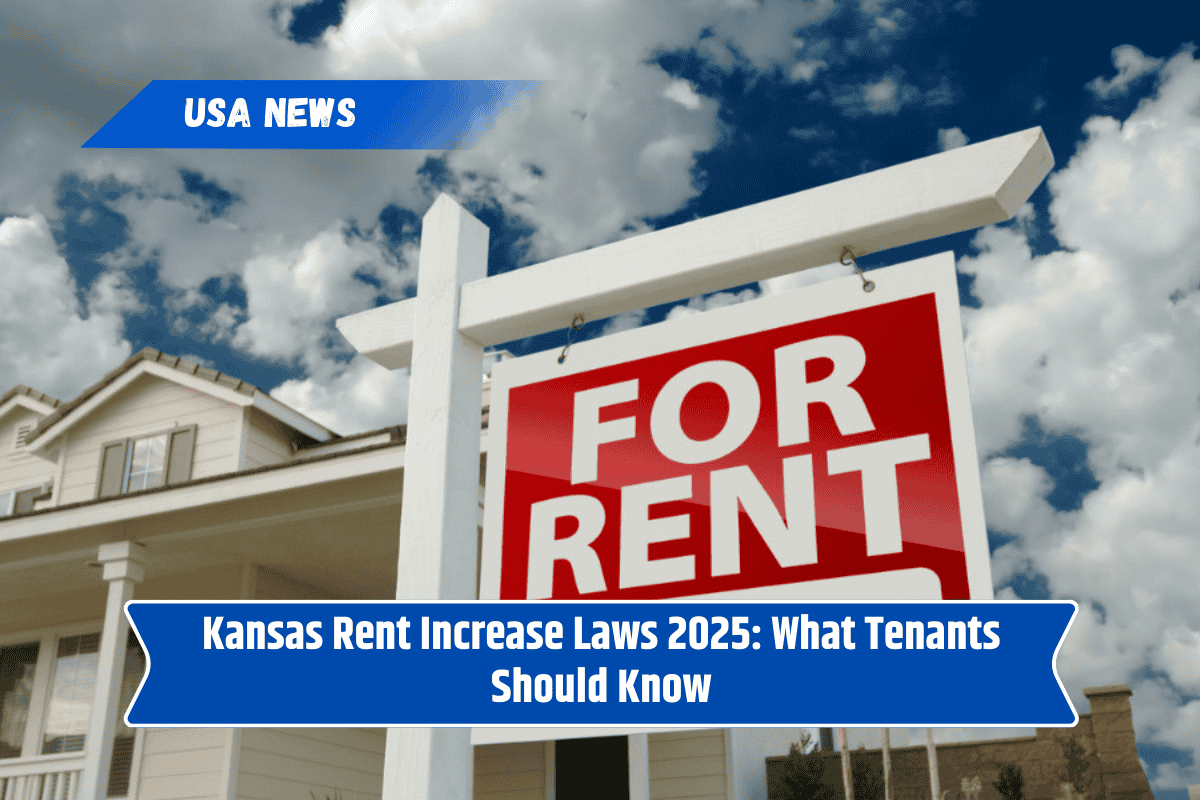Understanding your rights as a tenant is very important, especially when it comes to rent increases. In 2025, Kansas continues to follow certain state laws that protect both tenants and landlords.
If you’re renting a home or apartment in Kansas, here’s a simple guide to help you understand what’s legal, what’s not, and how to deal with any rent hikes.
No Rent Control in Kansas
Unlike some other states, Kansas does not have rent control laws. This means:
Landlords can increase rent by any amount they choose.
There’s no limit or cap on how much the rent can go up.
However, rent increases must still follow some basic rules under state law.
When Can Landlords Increase Rent?
Landlords in Kansas can raise the rent, but only under certain conditions:
For month-to-month tenants: The landlord must give at least 30 days’ written notice before the increase takes effect.
For tenants with a lease: The landlord can only increase rent after the lease ends, unless the lease itself says otherwise.
Mid-lease rent increases are not allowed unless the lease agreement allows it.
How Must Rent Increases Be Communicated?
Kansas law requires that landlords give proper notice. Here’s what that means:
The notice must be in writing.
It should clearly mention the new rent amount and the date it will start.
Verbal notices or last-minute messages are not considered legal.
Can Tenants Refuse a Rent Increase?
Yes, tenants have a few options:
If the rent increase feels too high, tenants can try to negotiate with the landlord.
Tenants also have the right to move out if they don’t agree with the new rent (after the lease or notice period ends).
But refusing to pay the new rent without proper communication could lead to eviction.
Protections Against Unfair Increases
Even though there’s no rent control, landlords can’t raise rent to punish or discriminate:
Rent increases cannot be retaliatory, such as in response to a tenant filing a complaint.
Increases based on race, religion, gender, or disability are considered discriminatory and illegal under the Fair Housing Act.
Tips for Tenants Dealing with Rent Hikes
Here are some practical tips if you’re facing a rent increase in Kansas:
Review your lease: See what it says about rent changes.
Ask questions: Don’t hesitate to ask your landlord why the rent is going up.
Negotiate politely: Some landlords may reduce the increase if you’ve been a good tenant.
Look for market rates: Compare your rent to similar properties in your area.
Get everything in writing: Always keep a record of rent notices and conversations.
What to Do If You Feel the Increase is Unfair
If you think the rent hike is unjust or unlawful:
Contact a tenant rights organization or legal aid.
File a complaint with the Kansas Human Rights Commission if you suspect discrimination.
Keep all documentation, like notices, emails, or texts from your landlord.
While Kansas doesn’t have rent control laws, there are still rules that landlords must follow before increasing rent. As a tenant, staying informed, reviewing your lease, and understanding your rights will help you avoid surprises.
Don’t be afraid to ask questions or seek legal advice if something doesn’t feel right. Knowing the law is the first step to protecting yourself and making smart decisions about your housing.
SOURCES
- (https://www.steadily.com/blog/rent-increase-laws-regulations-kansas)
- (https://www.hemlane.com/resources/kansas-rent-control-laws/)
- (https://www.steadily.com/blog/how-much-can-a-landlord-raise-rent-in-kansas)
